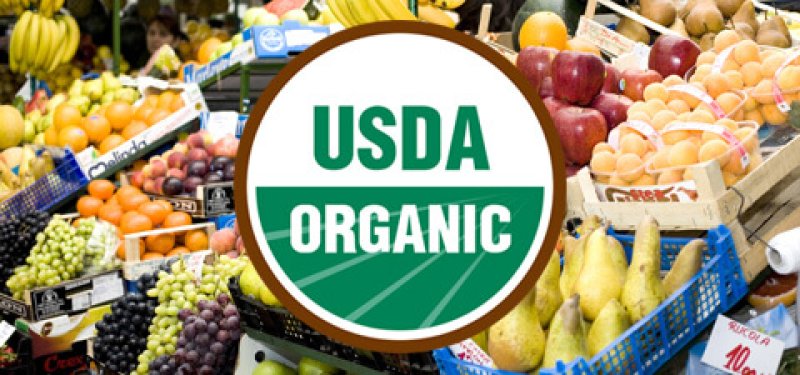Most consumers don’t know much about it, but for the $50 billion organic marketplace, it’s all about the details.
And the latest changes in those details, known as the National List of Allowed and Prohibited Substances or just the National List, were proposed [Jan. 18] by the National Organic Standards Board (NOSB).
…
[USDA] is proposing to change restrictions on 17 substances allowed in organic production or handling: micronutrients, chlorhexidine, parasiticides, fenbendazole, moxidectin, xylazine, lidocaine, procaine, methionine, excipients, alginic acid, flavors, carnauba wax, chlorine, cellulose, colors and glycerin.The changes up for public comment also add 16 substances to the National List, meaning organic producers can use them in production and handling: hypochlorous acid, magnesium oxide, squid byproducts, activated charcoal, calcium borogluconate, calcium propionate, injectable vitamins, minerals, electrolytes, kaolin-pectin, mineral oil, propylene glycol, acidified sodium chlorite, zinc sulfate, potassium lactate and sodium lactate.
The proposed rule change would prohibit the use of the botanical pesticide Rotenone in organic crop production.
…
The National List identifies permitted synthetic substances and the unusable nonsynthetic, or so-called natural elements, not usable in organic production. The National List also identifies synthetic, nonsynthetic nonagricultural and nonorganic agricultural materials that may be used in organic handling.
Read full, original post: USDA proposes changes to ‘National List’ for organic producers































